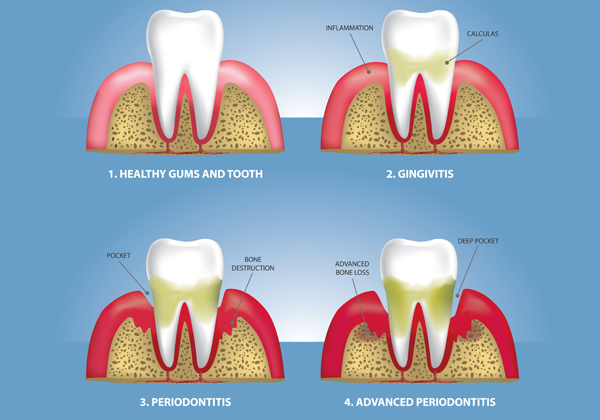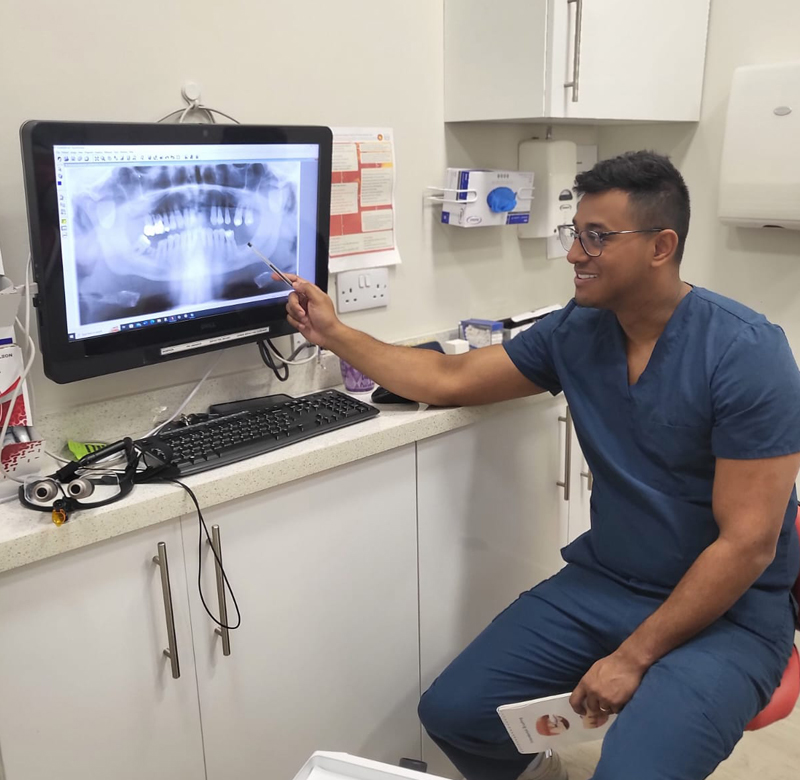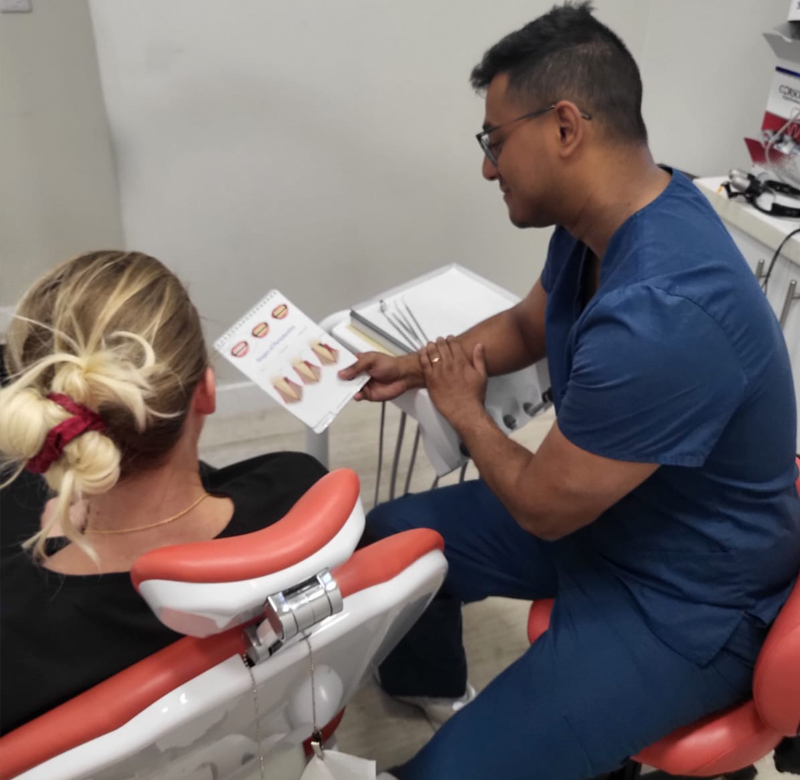

I was told by my NHS dentist that I needed to see a periodontist. I found Vdental on Google and they made me an appointment within 1 week. I’ve just completed my periodontal treatment with Dr Gaj. He is so chill. On top of being super friendly, he explained my treatment really well and made me feel at ease during the process.
He didn’t hesitate to answer any of my questions. I have to go back in 8 weeks for him to review me. The money is so worth it as i have been suffering with this for years and its finally been treated. My gums don’t bleed anymore and my mouth feels fresher. I would highly recommend it!
R.S
Periodontics is a branch of dentistry that deals specifically with conditions affecting the gums and soft tissues that support your teeth. They treat periodontal disease (an advanced form of gum disease) and other inflammations of the mouth.
Gum disease begins as gingivitis, with common signs including blood on the toothbrush when you brush your teeth. You should contact your dentist immediately if you experience such symptoms, as gum disease is best treated early. Left untreated, gingivitis can become periodontitis, which is much more serious.
Periodontitis affects the soft tissue that holds the teeth in place and can cause the gums to start separating from the teeth. The condition can also spread to the jaw bones, which can start to dissolve, leading to tooth loss. It usually takes some years for periodontitis to develop, and you should make an appointment with a Periodontist if you are experiencing any of the following symptoms:


What can

Life
You need to see a periodontist if you have symptoms of gum disease, such as persistent bad breath, swollen or bleeding gums, or loose teeth. They specialise in the prevention, diagnosis, and treatment of periodontal disease.
A periodontist specialises in treating gum disease and other conditions affecting the gums and supporting structures of the teeth. They perform procedures such as scaling and root planing, gum grafting, and placing dental implants. They also provide ongoing maintenance and preventive care to ensure long-term oral health.
Periodontal disease is primarily caused by plaque, a sticky film of bacteria that forms on the teeth. If not properly removed through brushing and flossing, plaque can harden into tartar, leading to inflammation and infection of the gums. Other factors such as smoking, poor oral hygiene, genetics, and certain medical conditions can also contribute to the development of periodontal disease.

Bleeding and swollen gums – Bleeding and sore gums can be very worrying and distressing. Just like you would not ignore bleeding in other areas of your body, you should also seek to see a professional for this.

Loose and missing teeth – The movement and loosening of teeth can often be seen as a sign of rapidly progressing periodontal disease. If not treated, more bone loss occurs which results in the inevitable loss of your teeth. Being treated for periodontal disease can limit the loss of your teeth.

Receding gums – Receding gums causes pockets to develop between the tooth and the gum. Bacteria then builds up in this space and later hardens to form calculus. When this is not cleaned, recession and bone loss continue.

Bad breath (halitosis) – Halitosis can be one of the very first signs of gum and periodontal disease. This is caused by the build up of plaque along the tooths gum line. This then turns into calculus and is difficult to clean. If it is not removed, the gums become swollen and infected and cause bad breath.


A
New Smile,
A New You